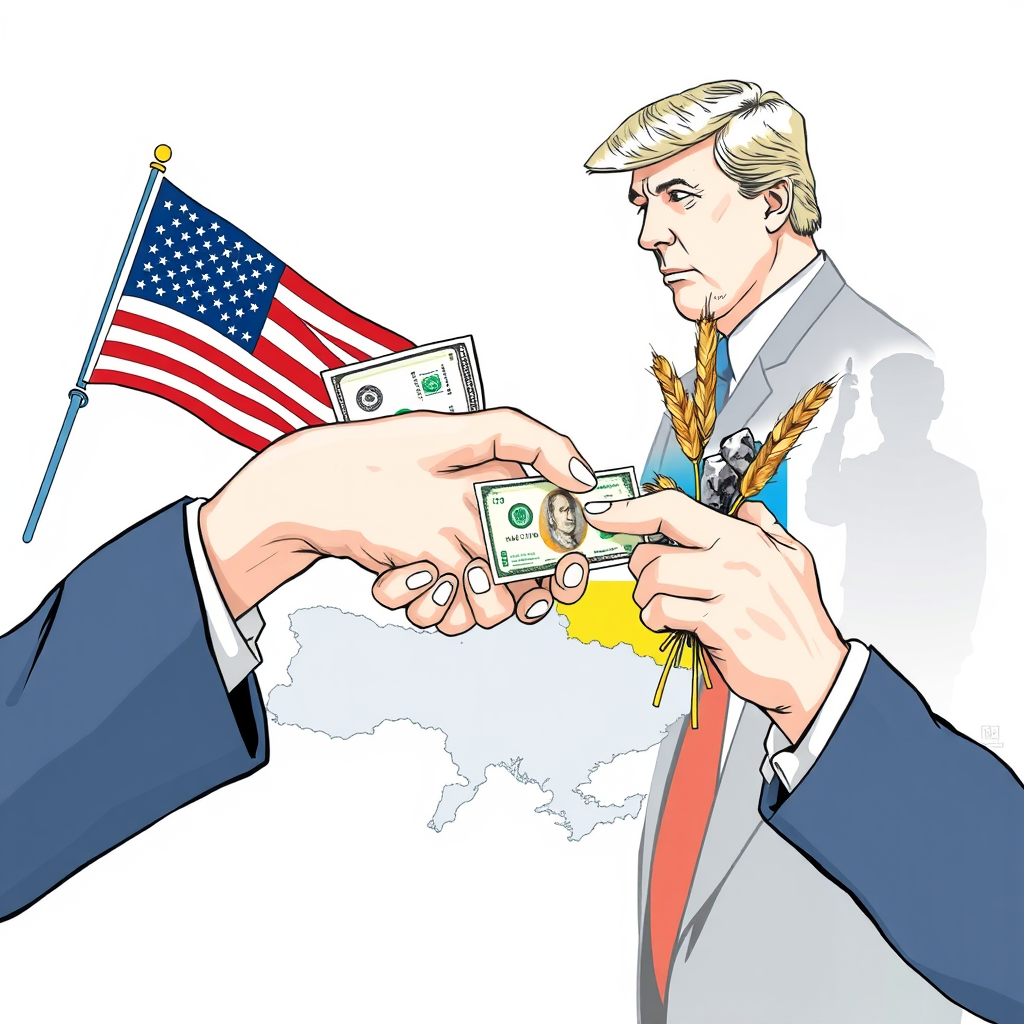Ukraine Minerals Deal: Key Reactions & Fallout

A recently signed minerals deal between the United States and Ukraine is drawing both praise and criticism, revealing a complex web of political motivations and economic implications. The agreement, finalized on Wednesday, grants the U.S. preferential access to Ukrainian mineral resources in exchange for investment funds intended to bolster Kyiv’s economy. While proponents hail it as a crucial step towards Ukrainian economic recovery and a strengthening of the U.S.-Ukraine strategic partnership, critics frame it as a potentially exploitative arrangement driven by former President Trump’s leverage.
The path to this agreement was far from smooth. Negotiations were reportedly derailed earlier this year following a contentious meeting between President Trump and Ukrainian President Volodymyr Zelensky in February. The deal’s signing, by U.S. Treasury Secretary Scott Bessent and Ukrainian First Deputy Prime Minister Yulia Svyrydenko, signals a thaw in relations, though the full details of the agreement remain undisclosed. Bessent characterized the deal as a “historic economic partnership,” emphasizing its potential to accelerate Ukraine’s economic recovery. Svyrydenko affirmed that Ukraine will retain full ownership and control of its resources, dictating extraction terms.
President Trump, speaking after a meeting with Zelensky at Pope Francis’ funeral, suggested the deal’s benefit extended to curbing Russian strength. He claimed a successful agreement would be “a very good thing.” However, discrepancies exist regarding the extent of U.S. aid to Ukraine, with Trump citing $350 billion while the Kiel Institute estimates closer to $120 billion between January 2022 and December 2024.
Reactions from key political figures are predictably varied. President Zelensky, while not directly commenting on the deal itself, reiterated the need for increased pressure on Russia to end the war, particularly following recent drone strikes on Odesa. Ukrainian Foreign Affairs Minister Andrii Sybiha lauded the agreement as a milestone in the U.S.-Ukraine partnership, informing the E.U.’s Kaja Kallas of the development and expressing gratitude for E.U. support.
U.S. Senator Marco Rubio welcomed the deal, thanking President Trump for his leadership and framing it as a step towards ending the war. However, Congressman Gregory Meeks sharply criticized the agreement, labeling it “Donald Trump’s extortion of Ukraine deal” and urging the administration to focus on achieving peace. U.K. Foreign Secretary David Lammy welcomed the partnership, highlighting the long-standing relationship between the U.K. and Ukraine.
Perhaps the most scathing criticism came from Dmitry Medvedev, Deputy Chair of Russia’s Security Council, who characterized the deal as a defeat for Kyiv, claiming Ukraine is now paying for American aid with its national wealth.
This deal, while presented as an economic boon for Ukraine, appears deeply intertwined with political maneuvering. The fact that it was nearly derailed by a personal dispute and is now being framed in terms of leverage over Russia raises serious questions about its true motivations. While economic assistance is undoubtedly crucial for Ukraine’s recovery, it’s vital that such agreements are transparent, equitable, and genuinely focused on long-term sustainable development, rather than serving as a tool for political gain. The potential for exploitation, as highlighted by Medvedev, cannot be dismissed, and careful monitoring will be essential to ensure Ukraine’s sovereignty and resources are protected.